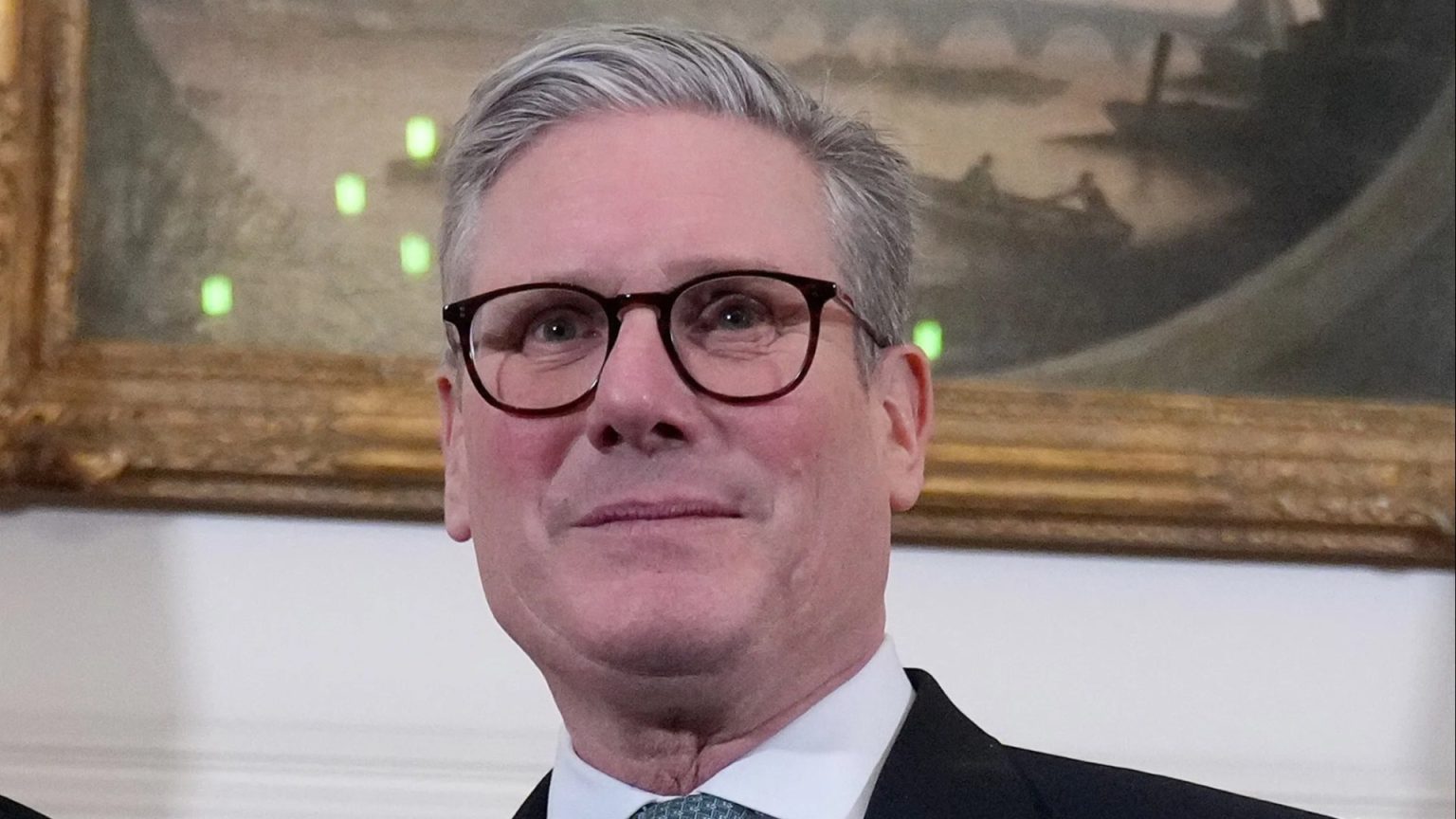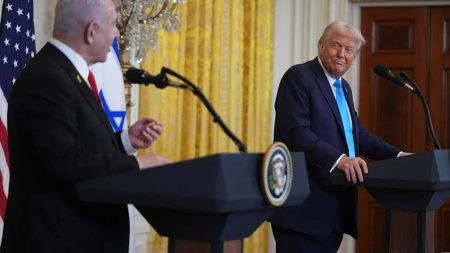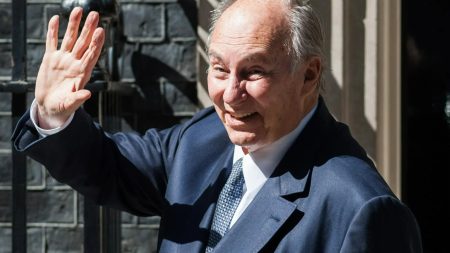The political landscape in the UK is currently navigating the complex terrain of post-Brexit trade relations, with the Labour Party and the Conservative Party diverging on their preferred approaches. The Conservatives are urging Prime Minister Rishi Sunak to prioritize a trade deal with the United States, cautioning against appearing too eager to rekindle ties with the European Union. They view a US trade agreement as a highly desirable objective, often referred to as the “holy grail,” and believe that focusing on strengthening relations with the EU could jeopardize this crucial opportunity. This stance reflects a concern that the Prime Minister’s apparent focus on Europe might signal a cooling of interest in a transatlantic deal, potentially alienating the US and hindering progress on what they consider a more significant economic partnership.
Conversely, Labour’s Shadow EU Relations Minister, Nick Thomas-Symonds, recently visited Brussels to advocate for enhanced cooperation with the EU. His speech at the UK-EU Forum emphasized the need to move beyond the current state of affairs and explore new avenues for collaboration. This visit underscores Labour’s commitment to fostering closer ties with Europe, even within the framework of existing agreements. While Sir Keir Starmer, the Labour leader, has maintained his red lines on freedom of movement and customs union membership, his party’s outreach to the EU indicates a desire for a more constructive and cooperative relationship than the one currently pursued by the Conservative government. This difference in approach highlights the ongoing debate within the UK about its post-Brexit identity and its optimal international partnerships.
The differing priorities between the two parties are further accentuated by the Conservatives’ criticism of Labour’s perceived focus on Europe. They accuse Labour of neglecting the potential benefits of a US trade deal in favor of appeasing their “Euro chums,” implying that Labour’s approach prioritizes political alignment with Europe over the economic advantages of a transatlantic partnership. This critique reflects the Conservatives’ belief that a US trade deal holds greater economic significance for the UK and that Labour’s pursuit of closer EU ties represents a missed opportunity. Their rhetoric emphasizes the potential economic gains from a US deal, portraying it as a crucial driver of growth and prosperity that should be prioritized over other international relationships.
Adding to the complexity of the situation is the backdrop of potential US tariffs. Former US President Donald Trump has refused to rule out imposing tariffs on the UK, adding pressure to the ongoing trade discussions. This adds urgency to the Conservatives’ calls for prioritizing a US trade deal, as they see it as a means of mitigating the risk of damaging trade barriers. They argue that a strong trade agreement with the US could provide a buffer against potential protectionist measures, safeguarding UK businesses and consumers from the negative economic consequences of tariffs.
Downing Street, however, has remained noncommittal about pursuing a comprehensive trade deal with the US, stating that they are not going to “get ahead of where those talks get to.” This cautious approach suggests a reluctance to prioritize a US deal over other trade opportunities, possibly reflecting a desire to maintain flexibility in negotiations with both the US and the EU. The government’s reluctance to commit to a specific course of action could also be attributed to the complexities of negotiating trade deals in the current global economic climate, as well as the uncertainties surrounding the future direction of US trade policy.
In essence, the debate over the UK’s post-Brexit trade strategy highlights a fundamental difference in perspective between the two major political parties. The Conservatives champion a US-focused approach, emphasizing the potential economic benefits of a transatlantic trade deal and cautioning against jeopardizing this opportunity by prioritizing closer ties with the EU. Labour, on the other hand, advocates for greater cooperation with Europe, believing that a strong relationship with the EU is essential for the UK’s future prosperity and security. This divergence in priorities reflects the ongoing debate about the UK’s place in the world and the optimal path forward in navigating the complex landscape of international trade. The ultimate outcome of this debate will significantly shape the UK’s economic future and its relationship with both the US and the EU.











